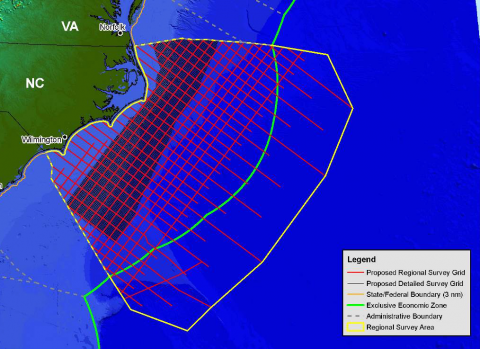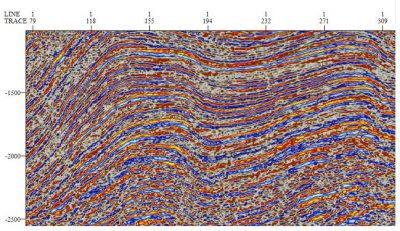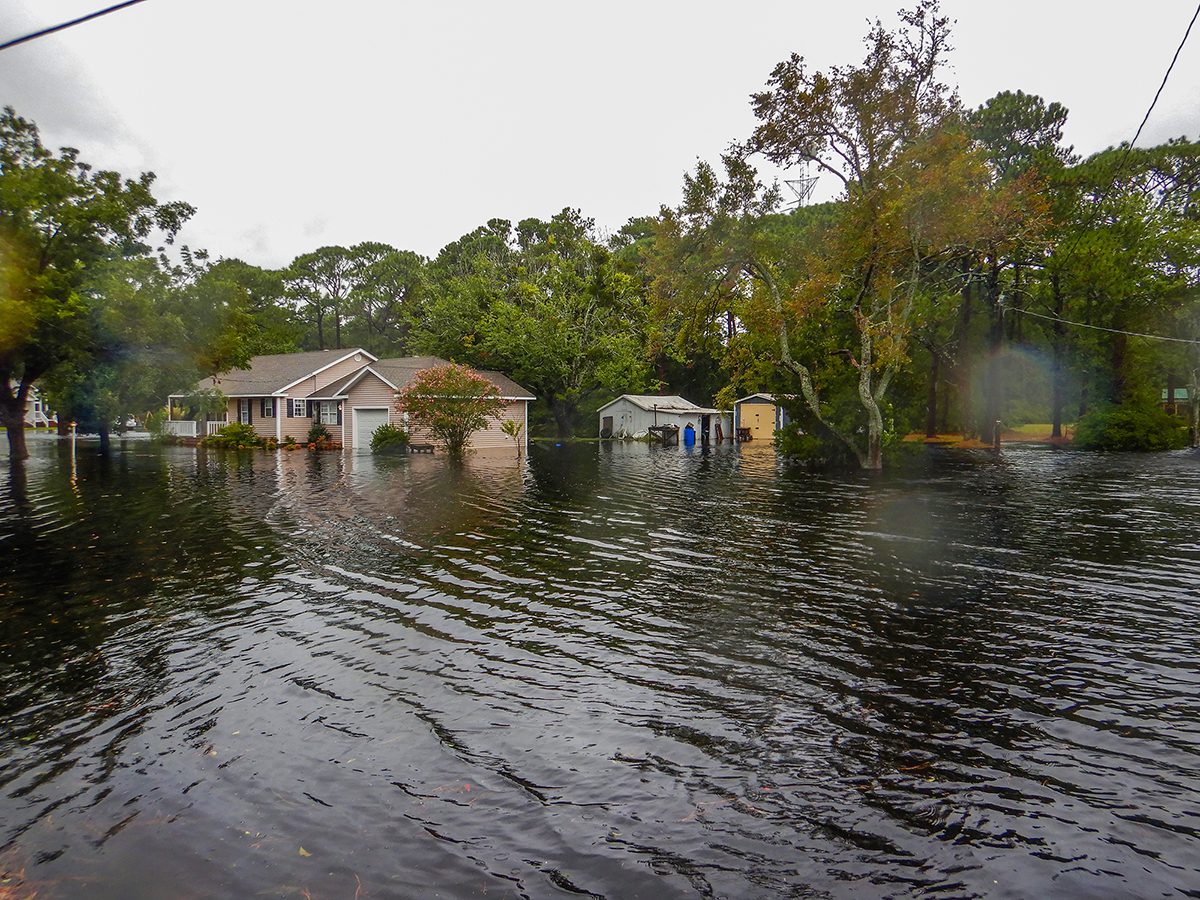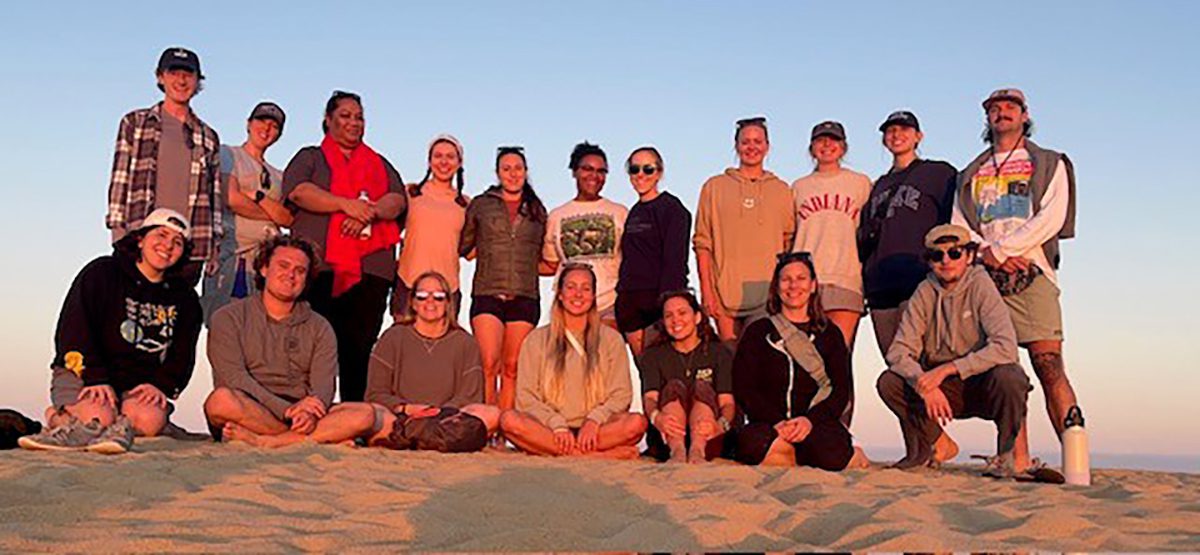WILMINGTON – Paul and Pat Kelly aren’t likely to change their minds opposing offshore drilling, but they are eager to learn about how the ocean floor will be examined for possible energy production off the N.C. coast.
The couple traveled from their Raleigh home to downtown Wilmington on Tuesday to glean as much information as they could about seismic testing during a public meeting hosted by the U.S. Department of Interior’s Bureau of Ocean Energy Management, or BOEM.
Sponsor Spotlight
“We were hoping to find out something on where the wind turbine process stood,” Paul Kelly said. “I think what we learned today is that the search for oil and gas reserves is a more intense process on the environment.”
The Kellys spent more than an hour talking to various BOEM representatives about the permitting process for geological and geophysical surveys, how those surveys are conducted, their potential effects on the environment and sea life and what the federal government will do to protect the environment.

These meetings are unique to BOEM, said Michael Celata, deputy regional director.
“This is not a normal process for us,” he said. “The Atlantic’s a frontier area. We felt it was important to come out and allow the public to ask questions. I think generally people are just trying to understand the process.”
Sponsor Spotlight
Seismic testing uses air guns towed behind ships to send sonic waves to the ocean floor. How those waves are reflected from the bottom gives hints to the location and extent of oil or natural gas deposits below the surface.
This method of testing is highly controversial because of what numerous scientists say are harmful environmental affects, particularly to marine mammals and sea turtles.
The Obama administration approved in July the use of seismic testing from Delaware to Florida. BOEM has since received 10 applications from companies to conduct testing.
Four of those applicants want to test off North Carolina’s coast and more applications are expected, according to state regulators. People got a chance to voice their opinions about the applications at a public hearing Thursday in Morehead City.
The N.C. Division of Coastal Management hosted that hearing as part of its review of the application. The state must determine if the testing is consistent with its coastal management policies.
A majority of the applicants want to conduct two-dimensional surveys, a regional means of collecting data with a single air gun array. One applicant is asking to do three-dimensional surveys, which study more concentrated areas with multiple air guns.
Applications must include an extensive amount of information and detail the equipment and vessels a company is going to use, said John Johnson, supervisor of BOEM’s Data Acquisition and Special Projects unit.
Each permit is good for 60 days and can be extended up to five times allowing the process to stretch out one year, he said.
Testing would occur anywhere from three miles to upwards of 200 miles offshore.
Seismic acquisition companies sell the data they collect to oil, gas and other energy-producing companies.
Unlike offshore drilling, which the petroleum industry touts as a major economic boom, surveying will not be much of a benefit to state or local economies. Crew boats and helicopters run supplies to the survey vessels, which would come from other areas of the country.

“Generally the boats that do the surveys, they stay off shore 120 days if they can,” said Ken Wells, president of the International Association of Geophysical Contractors of Houston, Texas. “Generally they’ll be 50 miles off the coast and beyond. In terms of direct spending it’s fuel, it’s groceries, it’s a little bit out of the ports.”
That’s a fact Carolina Beach resident Ryan Nolan was unaware of after leaving the meeting, which left him with more questions than answers.
“I thought it would be more like a town hall meeting where we would sit down and hear from both sides,” Nolan said. “I definitely felt like it was above my pay grade.”
He was armed with a small stack of fact sheets placed on tables lining a meeting room inside the Hilton Riverside Hotel overlooking the Cape Fear River. Guests of the “outreach meeting” circled the room walking from one station to the next to talk to BOEM representatives and state coastal management officials.
A row of laptop computers was set up on a table for guests to submit comments. The public was also invited to write their comments on cards.
BOEM made clear it is not interested in whether people are in favor of or are opposed to seismic testing, but it is seeking input of a scientific or environmental nature.
That frustrated Nolan, who is opposed to the testing and offshore drilling.
“It’s really far-reaching what they’re proposing,” he said. “I’m going to go online and read the applications and make my comments then.”
Kallie Costa, who attended the meeting with Nolan, said she doesn’t see the point in seismic testing.
“If they don’t find anything, but they still harm the environment, what’s the point?” she said. “This is a more serious issue than I realized. It’s something I wasn’t aware of until now.”
The permitting process is lengthy – one BOEM officials would not speculate on a timeframe. The Interior Department has proposed one lease sale for the Atlantic coast in 2021.
BOEM’s Wilmington stop was one of a series of public meetings the agency is hosting along the Atlantic coast. A second BOEM meeting will be held in Nags Head on April 27 at the Ramada Plaza Nags Head Oceanfront, 1701 S. Virginia Dare Trail. The first 90-minute meeting starts at 3 p.m. and the second at 5 p.m.







